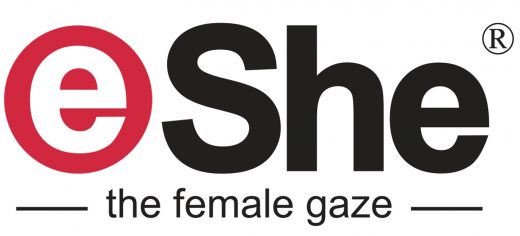By Arvinder Bhandoola
My mother was diagnosed with cancer when I was in class 10. As the youngest of four daughters living in a small town in Punjab, the reality of her impending death did not strike me at first. I took her for granted and treated her as an equal, teasing her about the wig that chemotherapy had inflicted on her.
My father had come home briefly from the hospital when he got a call that she had already passed away. I saw him crying for the first time in my life. Wailing, my elder sister told me my mother had died. I fainted.
I have been dogged by low blood-pressure problems since then.
As a teenager I was quiet and lonely. I never celebrated my birthday because it came close after my mom’s death anniversary. I didn’t find it easy to open up to people but was very attached to my sisters.
The eldest two got married and moved away. The youngest two of us lived alone in Mohali as my father had moved to the Middle East. Life was very insecure then, two girls without much income in a rough town, but it made us stronger.
I did my Master’s in child psychology from Punjab University. In 2005, I married a merchant-navy officer and moved to Delhi. We had a baby girl in 2010, and I made new friends in the city. Gradually, I overcame my grief of losing my mother, but there were still dark days when I felt worthless, depressed and alone.

A dear friend of mine, whom I shall call Seema, was going through a trying patch in her life in the meantime. Her first marriage had lasted ten years but she had not been able to conceive, despite several rounds of fertility treatments. Eventually, her husband had had an affair with his colleague, and divorced Seema, leaving her shattered.
The second time she married, she was in her late 30s. Once again, the couple had difficulty conceiving. She tried IVF treatments but nothing worked. She had crossed 40 when she tentatively asked me if my sister – who was single and lived with me – would donate her eggs.
“Why my sister?” I asked indignantly. “I will do it for you!”
But I was 39 myself and the doctors were not in favour. I researched for possible complications and learnt about ovarian hyperstimulation syndrome. In one of the stories I read online, an egg donor got crippled for life because of it.

But I kept all this information to myself and told the doctors I wanted to go ahead. Not once did my husband or in-laws question me or stop me from doing this. Their support was unconditional.
In November 2015, Seema’s and my menstrual cycles were coordinated using medication; I had to self-administer hormonal injections for several days. After we both got our period on the same day, another set of injections was given to thicken my endometrial lining. My parameters, the doctors found to their surprise, were absolutely fine and at par with much younger women.
For 13 days after menstruation, I had to self-administer a painful injection twice a day. But, somehow, I never felt like I was doing this for someone else. It felt like a calling.
On the day of the egg retrieval, I was put through general anaesthesia and, though it’s a 10-minute procedure, I was in the operation theatre from 9 am to 3.30 pm. Later, the doctors said they had retrieved nine eggs, a very healthy number. After keeping them overnight in a petri dish with Seema’s husband’s semen sample, eight of these got fertilized – again a good sign.
On the third day, doctors transferred two embryos to Seema’s womb, and froze three for future use. A week later, her pregnancy test came back positive.

I was going through one of my bad phases that day, stricken with feelings of low self-esteem and worthlessness, shouting at my daughter Izna for no reason.
Then Seema came over to give me her good news. I cannot forget the look on her face. When she saw me depressed, she said, “Do you know what you have done for me? The next time you feel like this, think of what you’ve done for me. No one would do this. That’s the kind of person you are.” It was the greatest validation I have ever received in my entire life.
Seema had a normal pregnancy and a healthy full-term baby girl eighteen months ago. When I first met the baby, she said, “This is your daughter.” I replied, “No, I want to dissociate myself from such thoughts. She’s all yours.”
The little one will turn two this year. We share the same birthday.
First published in the February 2018 issue of eShe. Read it for free here, or buy the print edition.


0 comments on “I Became an Egg Donor for Love”